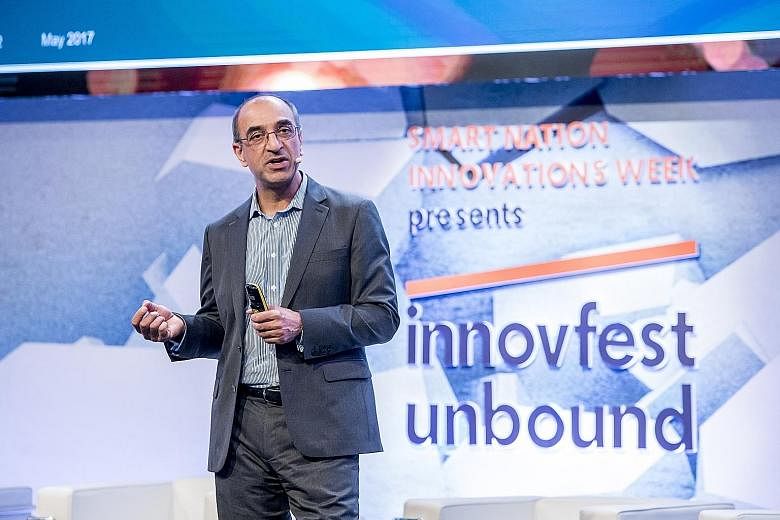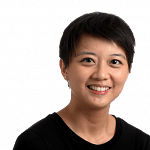Innovation is crucial to the success of firms in the fast-growing healthcare industry, according to a top industry executive.
And the ability to utilise open networks and partner with a variety of outside parties will be "absolutely pivotal" in driving these changes, said Dr Kemal Malik, a member of the board of management at German life sciences giant Bayer.
"If you look at the model of all major life sciences companies, it's about having great innovation to suit the needs of the population around the world," Dr Malik said in a phone interview with The Straits Times last week.
"Going forward, one of the differentiating factors for companies will be their ability to utilise open innovation networks by partnering with the outside world, be it public research institutes, academia or other large companies. This is going to be the key to success," he said, noting that this will also help firms remain relevant in a fast-changing industry.
"It's all about building an ecosystem where you can integrate different elements to get the best possible outcome for the patient," said Dr Malik, who oversees innovation at Bayer globally.
Bayer, together with NUS Enterprise, the entrepreneurial arm of the National University of Singapore, unveiled three winners of the first round of its Web-based crowdsourcing initiative Grants4Apps Singapore last Wednesday.
The programme is a call for innovative health-tech solutions to improve medication adherence in elderly people with chronic diseases across the Asia Pacific.
Two of the three winners came from Singapore: EyeDEA, a two-in-one card and wearable that tracks the usage of eye drops among elderly glaucoma patients and reminds them when to use drops; and Glycoleap by Holmusk, an app that monitors diabetes patients' food habits, glucose readings, activity levels, weight and medicine adherence on a daily basis. The third winner was from Thailand, involving an integrated solution that provides personal healthcare assistance for patients with high blood pressure, high blood cholesterol and diabetes.
The three teams will each receive $10,000 from Bayer and NUS Enterprise, and will also gain access to mentorships, incubator space, and global and regional networks.
"Some of these concepts have the potential to benefit patients, doctors and consumers, revolutionising healthcare delivery and improving treatment results," said Dr Malik, adding that the hope is for some of these concepts to be commercialised eventually.
"If you look at patients who have chronic diseases or conditions, it is estimated that 50 per cent of them don't adhere to their medication. Compliance is one of the biggest issues facing doctors and patients in this space, so we're looking at ways to try to improve this."
Dr Malik noted that Singapore's health-tech industry has developed rapidly in recent years.
"Within Asia, it ranks (among the top few countries) in terms of connectivity, there are good universities and hospitals, and there's this entrepreneurial nature that has really helped companies," he said.
"(But) you do need that coalescence of different ecosystems for the industry to grow even further."


